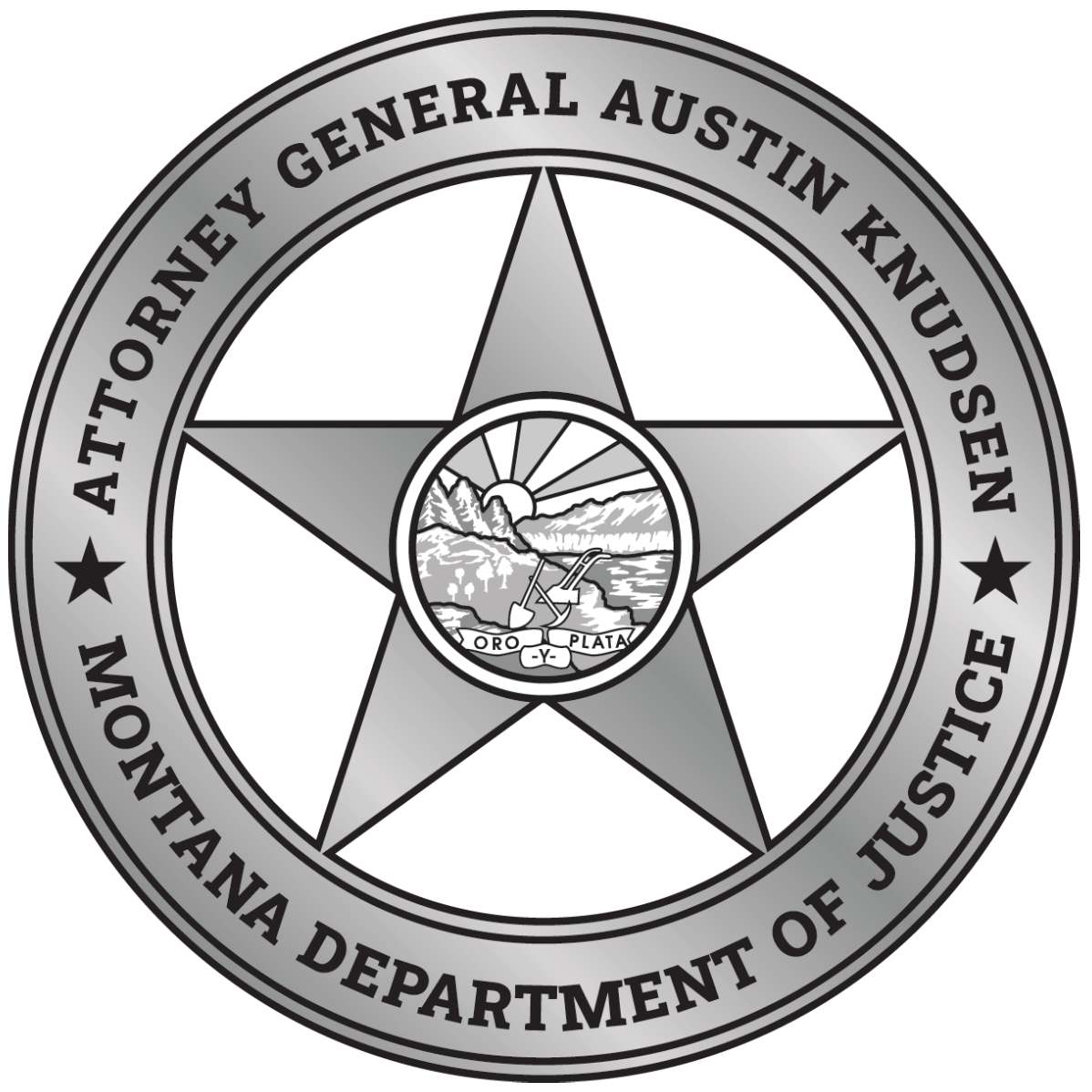
For Teens & Tweens: Networking
Social Networking
Sites such as MySpace.com and Facebook.com let you share information about yourself in profiles that help you connect and communicate with other people who have similar interests or hobbies.
Remember, the information you post to your profile can be seen and used by anybody.
Once you put something online, you can never take it back. People can use something you put online in ways you never intended it to be used.
In reality, people are sometimes not who they say they are on the Internet. They may lie about their age, gender and interests to gain your trust.
[quote style=”2″ author=””]Think twice before you post personal information and pictures in social networking sites. Once you put something online, you can never take it back.[/quote]
- Don’t believe everything you read.
- Think twice before you post personal information and pictures in social networking sites. Once you have posted information, you cannot take it back. Even if you delete it, other people may have already copied, saved or shared it.
- Be careful about naming pictures you add to social networking sites because the file name can give someone a lot of information that could be used to harm you or your friends. Avoid using people’s names and specific dates and locations that may lead someone back to a profile or account. Instead, use something obscure like random numbers and letters without spaces or special characters (e.g. hijk001.jpg).
- Limit the lists of members/friends/contacts on these sites to people you really know in person.
- Use the site’s privacy settings to protect your space but remember that privacy settings are no guarantee that unwanted viewers cannot access and misuse your information.
Peer-to-Peer Networking
Peer-to-peer or P2P software lets you share files on your computer with other people on the Internet. These files can contain videos, music, pictures, documents and software.
Videos, music and software are mostly copyrighted materials, which you cannot legally share, copy or use without the permission of the copyright owner. In its original version, these materials will include the word “copyright” or the © symbol.
Just because you can access something on the Internet does not mean that it is legal to copy, download or use it.
When you mashup files, whether to create a funny YouTube video or when researching a homework project, you need to understand Fair Use and Copyright Law.
Files do not always contain what you expect them to. Instead of the content you want, a file may contain a virus. Once the virus is on your computer, it may be too late to prevent or undo the damage. For example, a file may install spyware on your computer.
[quote style=”2″ author=””]Just because you can access something on the Internet does not mean that it is legal to copy, download or use it[/quote]
- Download copyrighted material – like music – from sites where you legally buy the files.
- In homework assignments, always mention where your materials come from. This is called referencing your sources. You teacher will tell you how to do this.
- Always keep your antivirus software up to date, and scan your computer regularly.
More Information
If you want to learn more about networking safely and being a good Cybercitizen, check out the following websites. You can even become a mentor to your peers.
- i-SAFE: Student Toolkit (PDF)
- Netsmartz: NSTeens.org

